Nokia 808 PureView review
The Nokia 808 PureView packs an astonishing 41MP camera
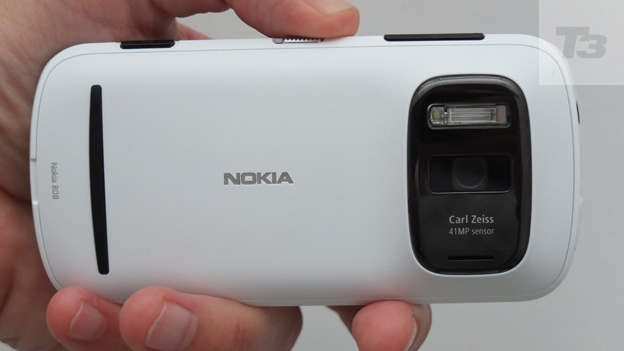
-
+
Amazing camera
-
+
Great battery life
-
+
Responsive performance
-
-
Symbian looks old-fashioned
-
-
Lacks app variety
-
-
Chunky profile
Why you can trust T3
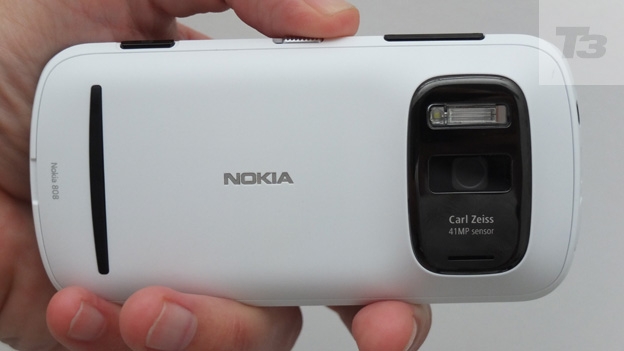
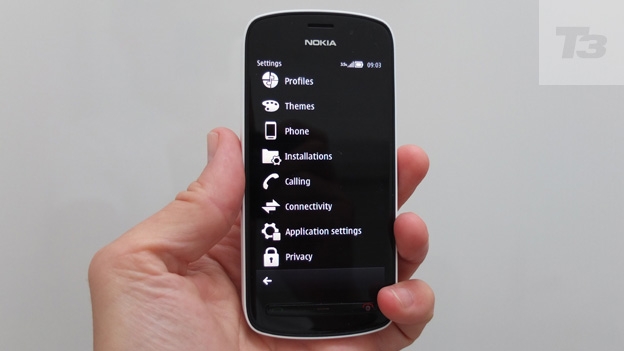
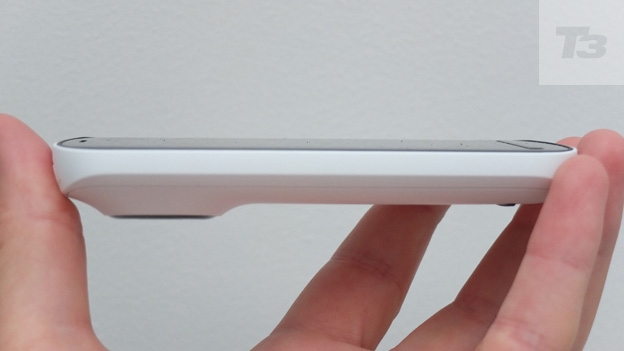
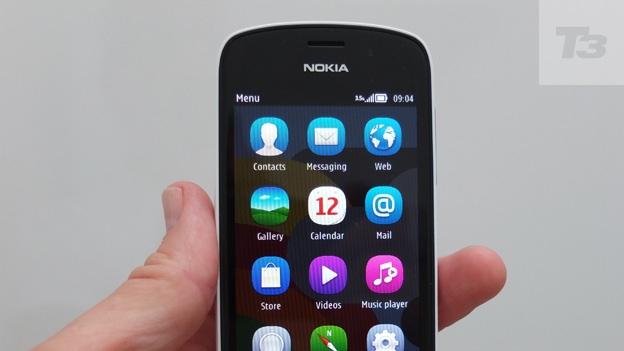
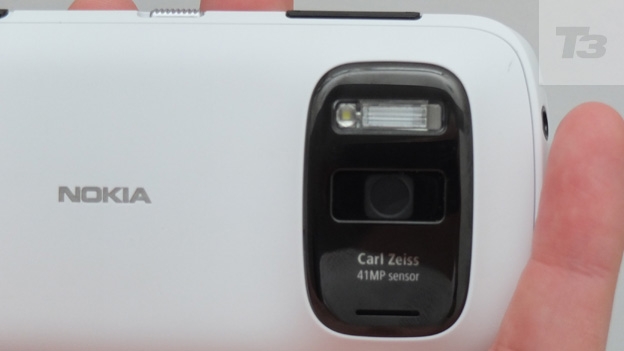
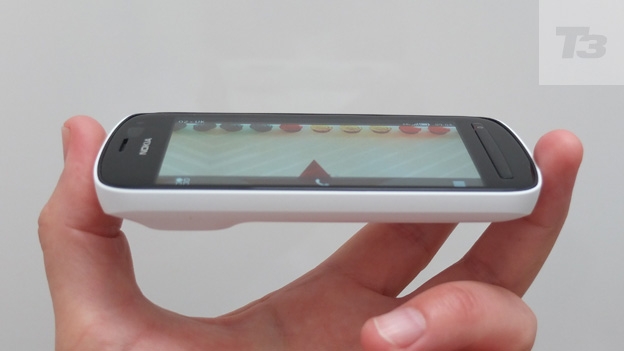
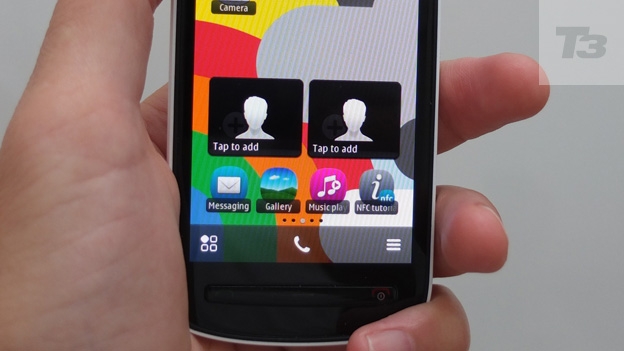
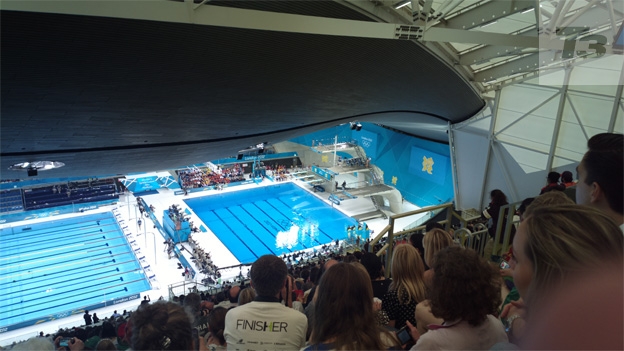
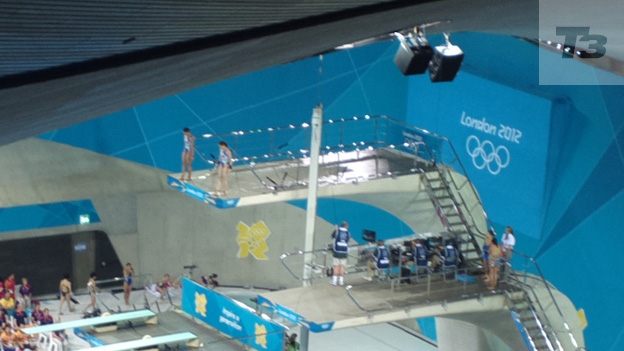
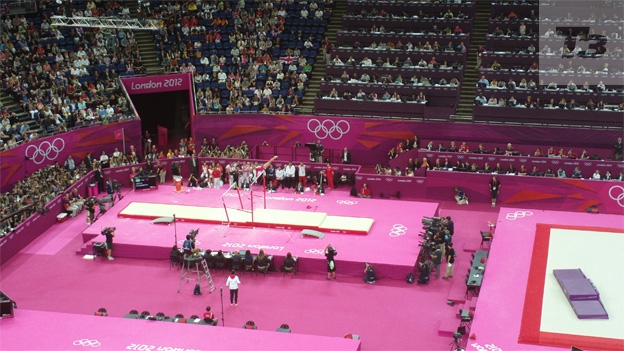
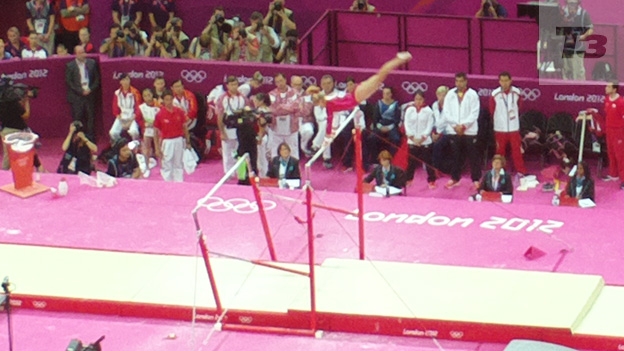
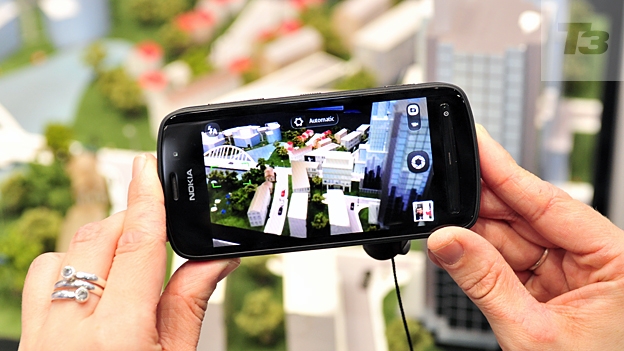
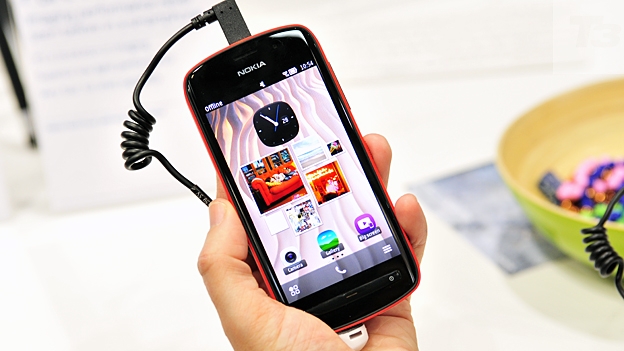
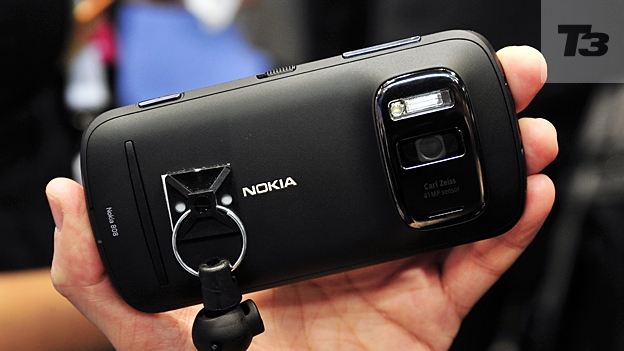
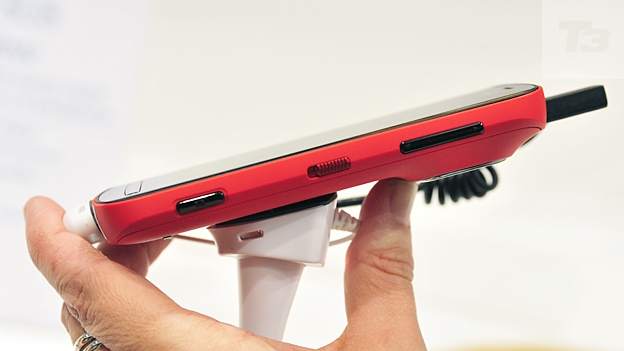
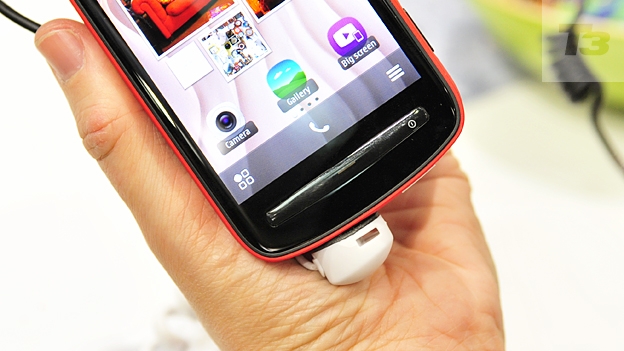
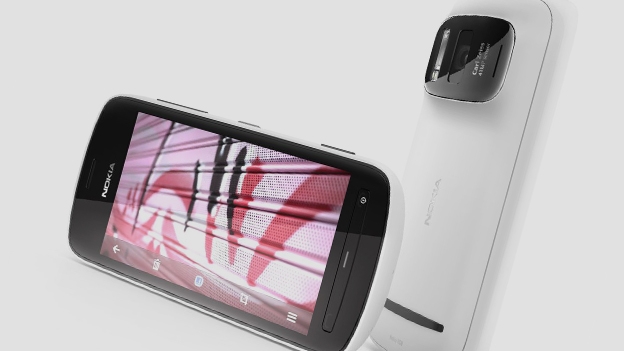
The Nokia 808 PureView is not slim, it's chunked up by a big, powerful camera sensor and sticky-out lens. Even so, it sure packs a lot in
When Nokia announced a phone with a 41MP camera sensor, many thought it was a typo. Many high-end D-SLRs have way fewer pixels.
But the thinking is to counteract the advantage standalone cameras have – an optical zoom. Samsung made a phone with one but it was as bulky as a compact snapper.
So here, you can use digital zoom and still have enough pixels to make a decent image – in fact it's like having a lossless 4x digital zoom.
But has the Nokia 808 PureView got what it takes to make it into our list of the best smartphones around?
Nokia 808 PureView: Build
Well, it's no slim smartphone – lay two Samsung Galaxy S3s on top of each other and they're still not as fat as the PureView's thickest point and it certainly doesn't have the slick looks of the Nokia Lumia 900.
Even so, it feels good in the hand, though it's noticeably heavier than many rivals. The top edge has an HDMI out connector, micro USB and headphone socket.
The right edge has a volume rocker, screen lock slider and shutter trigger. So how do you turn the darn thing on?
The front is all black, so you could be forgiven for missing a black plastic ridge below the 4in display. At the right end of its is a tiny power logo. Here's where you turn it on or off.
This phone is extremely well-crafted, feeling reassuringly solid with no creaks or flexing.
The screen lock slider is particularly successful: simple and very effective. It also turns the phone into a quite good torch by holding the slider down to activate one of the camera lights.
Nokia 808 PureView: Screen
Anyway, so you've turned it on. The Nokia logo that glows white on the screen shows you how deep the blacks on this Clear Black Display really are. When the colourful home screen lights up you also get to see how bright and vibrant the colours look.
The pixel density is lower than the most advanced smartphones available, but it still shines. There are multiple home screens and as you swipe your thumb across they fade from one to the other, each with its own background wallpaper.
Nokia 808 PureView: OS
It looks the way it does because, to the surprise of many, Nokia opted for its ageing Symbian software instead of its more recently adopted Windows Phone system.
The PureView has been in development for years and Windows Phone wasn't available at the crucial moment, presumably.
Nokia has since said we should expect to see this kind of camera in a Windows phone in the future.
The result is a phone that lacks the thousands of apps of the iPhone 4S or the slickness of Windows Phone but manages most functions with speed, efficiency and a hint of style.
Nokia 808 PureView: Features
Of course, the standout here is the camera. You can choose from two main settings: Full Resolution or PureView. Full gives you 38 megapixels while with PureView you can opt for 8, 5, or 3MP shots.
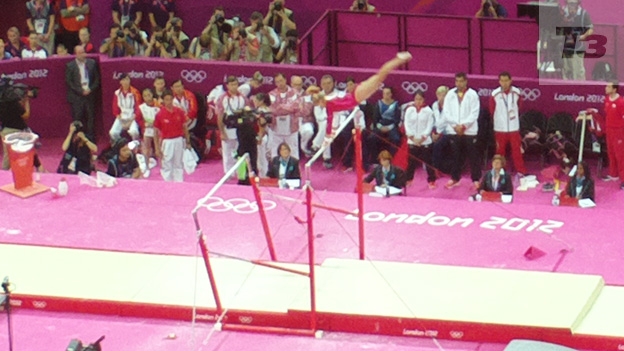
The sensor is substantially bigger than on other smartphones – which also accounts for the bulge in the back.
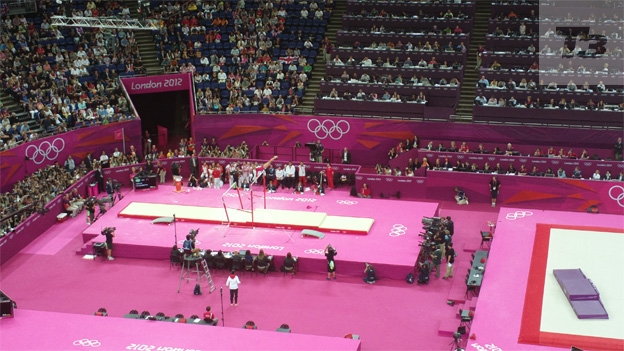
The results are terrific, with crystal-clear shots at 8MP and rich, vibrant ones at full resolution. Of course, you can't see the results clearly enough on this screen, but Nokia says there's enough resolution here to make poster prints possible.
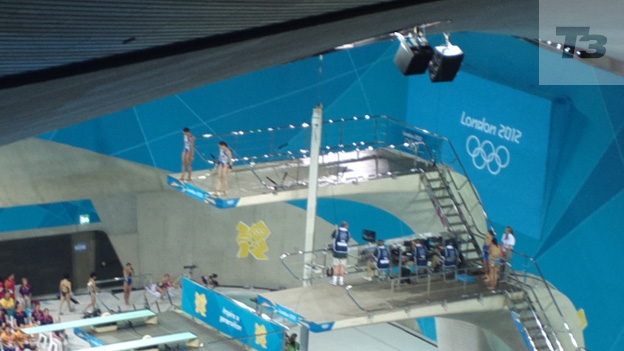
Shutter lag, the dreaded fault that blights many a cameraphone is almost absent here, and the ability to focus the shot by touching the appropriate point on screen may not be unique but is certainly useful.
Nokia 808 PureView: Performance
Look at the specs and this is not a quad-core beast, but Symbian is less demanding than some operating systems, so the 1.3GHz processor is enough to keep things flowing smoothly, with a responsive touchscreen the most immediately evident effect.
Though some aspects, like an average web browser, aren't as spiffy as rivals, they all do the job and rarely disappoint. This is Symbian Belle, by the way, the most advanced and successful version of the Nokia OS.
It includes, of course, Nokia's free mapping system, decent apps like Vlingo and Angry Birds, and an appealing, gentle haptic feedback. Not to mention the convenience of HDMI out so you can easily play back your sharp photos and video on a compatible flatscreen telly.
Nokia 808 PureView: Battery
And there's another benefit: the chunkiness the lens and sensor arrangement requires means there's room for a bigger battery.
And Symbian, again, is a bonus here as it drains the battery less. The result is a phone that will breeze through a full day easily and you can even risk charging it on alternate days.
Nokia 808 PureView: Verdict
The Nokia 808 PureView is a unique phone because of its remarkable 41MP camera sensor. And while the Nokia own-brand operating system, Symbian, is past its best, here it looks slick and serviceable.
Nokia is planting a flag in the sand, showing what it can do – and the camera is a real technical achievement. It's not slim and it lacks the multitude of apps you'll find elsewhere, but it's still a very cool and highly effective phone, that takes dazzling snaps.
It may be something of a niche product at present, but if you want a decent phone with a superb camera on board then this is a great choice.
Nokia 808 PureView availability: Available now
Nokia 808 PureView price: £500
Sign up to the T3 newsletter for smarter living straight to your inbox
Get all the latest news, reviews, deals and buying guides on gorgeous tech, home and active products from the T3 experts
-
 YETI just made bowls cool – literally. And also figuratively.
YETI just made bowls cool – literally. And also figuratively.New YETI design, same bear-proof energy
By Matt Kollat Published
-
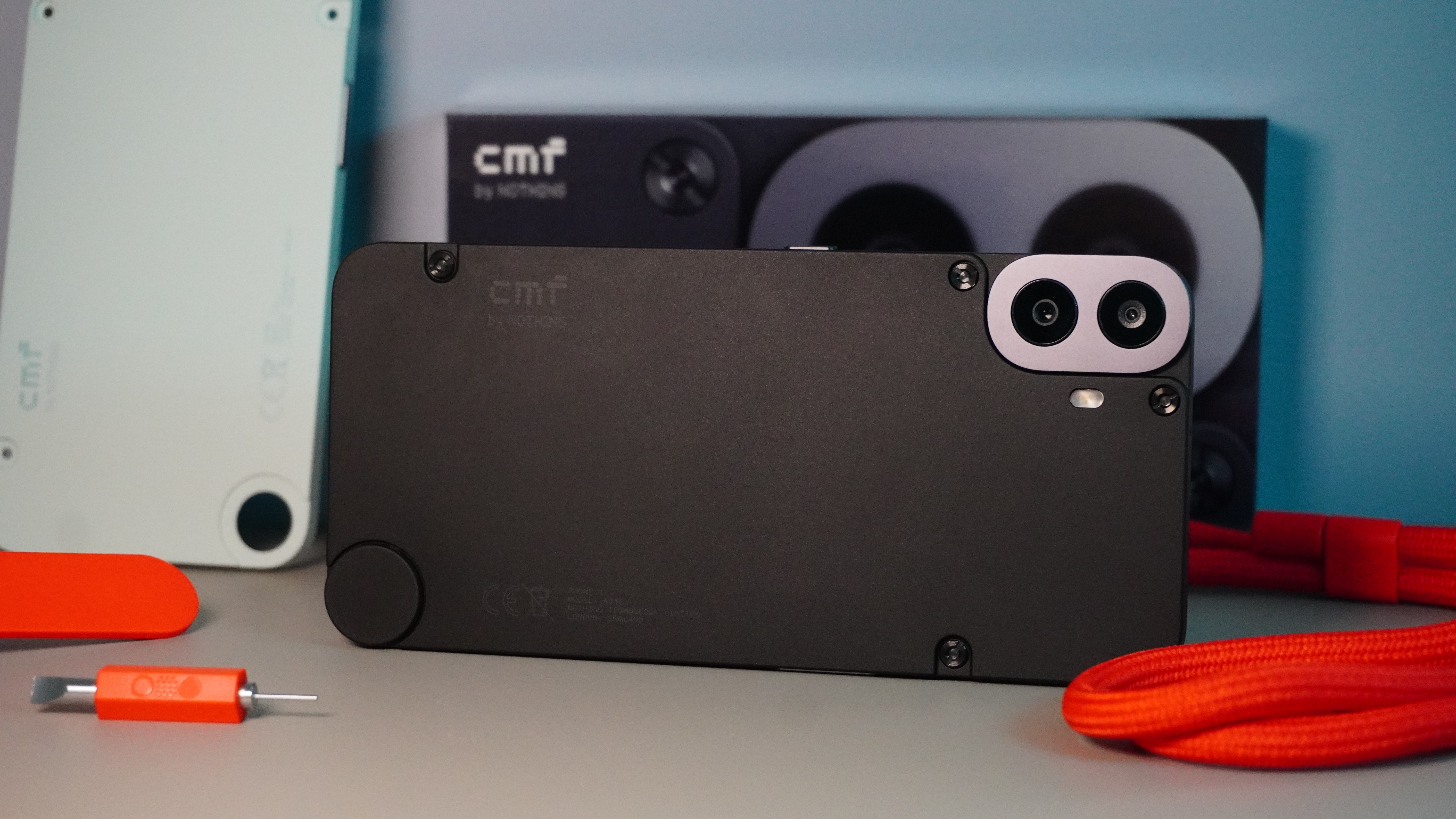 Nothing's next phone could be a budget powerhouse, thanks to this confirmed hardware detail
Nothing's next phone could be a budget powerhouse, thanks to this confirmed hardware detailOfficial details reveal more about the next phone coming from Nothing
By Chris Hall Published
-
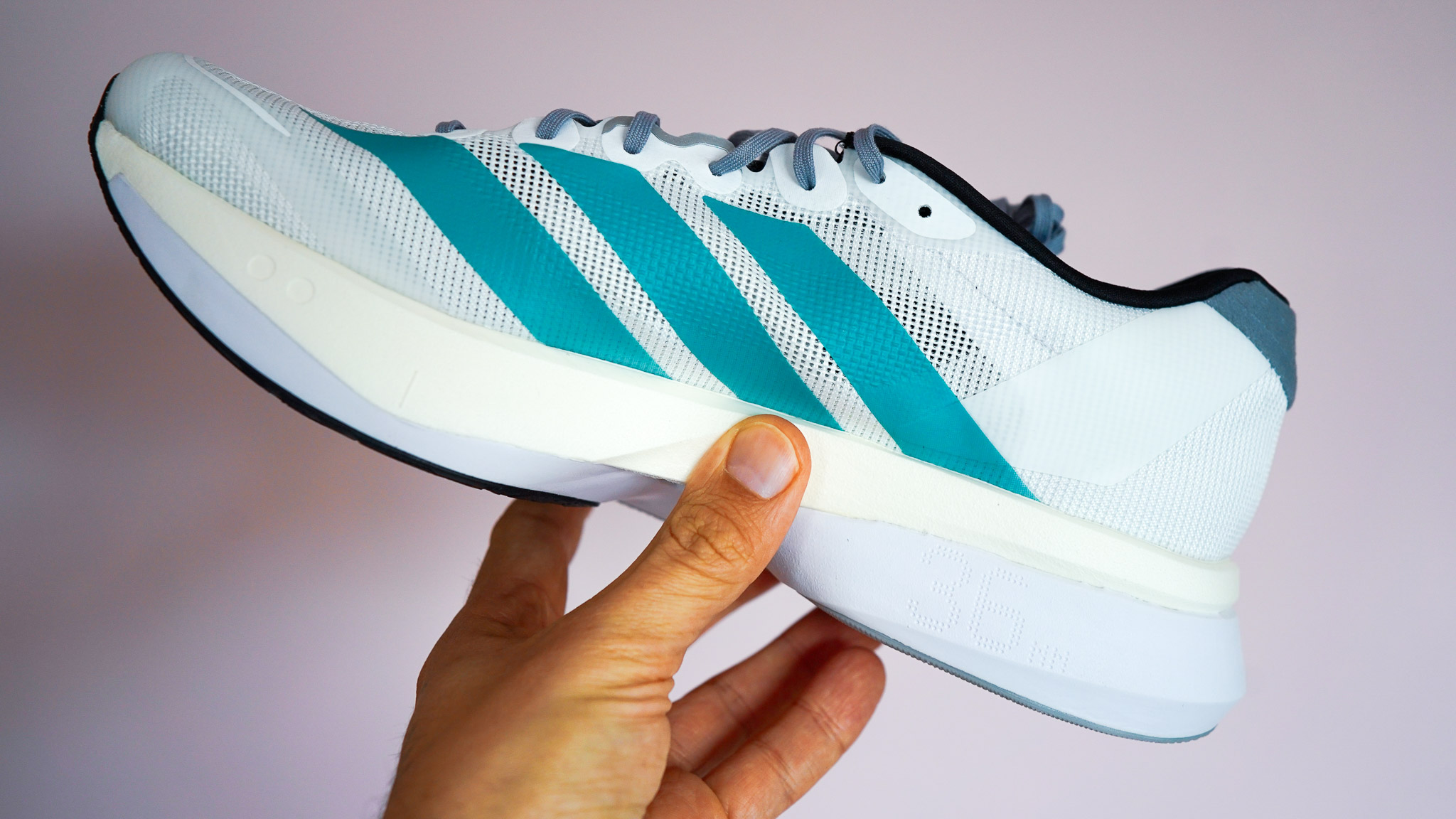 Adidas Adizero Boston 13 is softer, faster, and finally feels like a proper trainer
Adidas Adizero Boston 13 is softer, faster, and finally feels like a proper trainerThe brand quietly fixed everything runners didn’t love about the Boston 12
By Matt Kollat Published